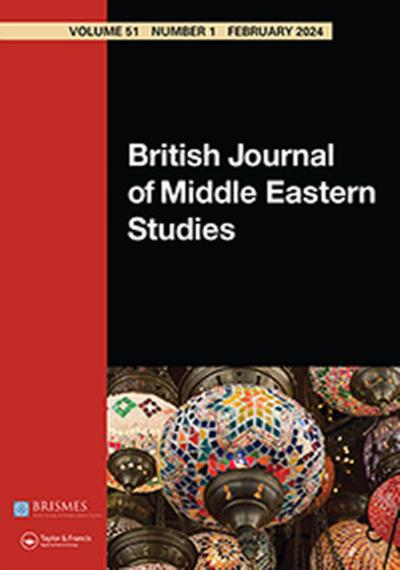Conference Paper / Presentation
| 2006
The Limits of Statebuilding: The Role of International Assistance in Afghanistan
Presented at: Chr. Michelsen Institute
Post-war reconstruction efforts sometimes - but not always - focus on what is commonly called statebuilding, i.e. establishing an effective, central state that operates under the rule of positive law and in accordance with contemporary standards of transparency and accountability. Post-war reconstruction in Afghanistan is such a case. With previous state structures destroyed or neglected as a result of 25 years of war, general upheavals and intermittent international sanctions, the internationally assisted reconstruction program launched after the American-led intervention in November 2001 placed statebuilding at its core. By design and intent, however, this program entailed much more than just reconstruction. Wrapped in a vision of modernity, it seemed to belong to a distinct genre of planned social change, typified by the ambitious modernization programs undertaken in earlier periods by Afghan and other Asian rulers. The analysis of policies for change in post-Taliban Afghanistan in this paper, therefore, starts by understanding reconstruction as modernization.


